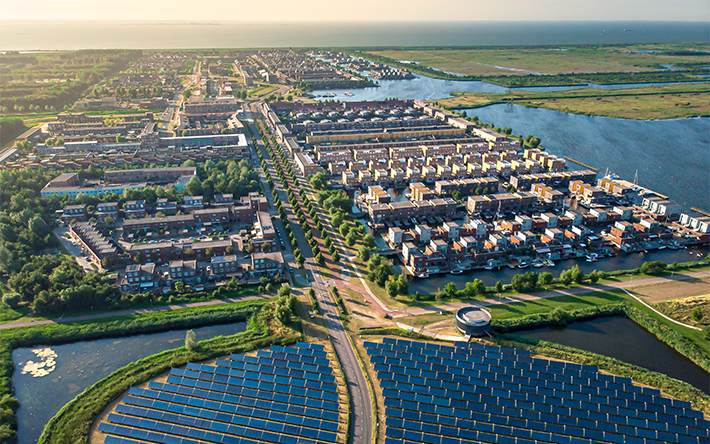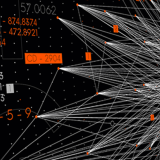
Anticiper et gérer l’impact du changement
L’une des six principales activités du programme de travail d’Eurofound pour la période 2021-2024 consiste à anticiper et à gérer l’impact du changement. Eurofound fournira des informations sur les évolutions structurelles qui affectent l’économie et les marchés du travail de l’UE, principalement sous l’effet de la transition numérique et de la transition vers une économie neutre en carbone , mais aussi de la crise de la COVID-19. Les recherches visent à aider les décideurs politiques à anticiper ces changements et à préparer les marchés du travail et les lieux de travail européens à y faire face.
À partir de 2021, Eurofound fournira un aperçu des effets de ces mégatendances sur les conditions de vie et de travail dans l’UE. Dans le domaine de la numérisation, la recherche s’intéressera à l’impact sur les conditions d’emploi et de travail, ainsi que sur le marché du travail. Les domaines couverts comprendront notamment le dialogue social et son rôle dans le processus de changement structurel, les cadres réglementaires, la protection sociale et l’intelligence artificielle (IA). Sur la base des recherches antérieures menées sur le travail via une plateforme numérique, la période 2021-2024 sera l’occasion de recenser et d’évaluer l’efficacité des initiatives politiques pour s’attaquer aux défis posés par cette forme de travail.
Eurofound entend également soutenir la transition de l’UE vers une économie neutre en carbone, y compris l’économie circulaire et la mise en œuvre de l’instrument de relance de l’UE «NextGenerationEU», en étudiant les effets socio-économiques. Ces effets comprennent les transferts d’emplois et la transformation des emplois et des conditions de travail, ainsi que l’impact des politiques de lutte contre le changement climatique sur la répartition des emplois. Certains de ces travaux s’appuieront sur les résultats d’un projet pilote, Future of manufacturing in Europe (FOME), mené par Eurofound.
Pour poursuivre ces travaux en 2021-2024, Eurofound coopérera avec diverses organisations internationales et agences de l’UE, par exemple avec l’Agence européenne pour l’environnement (AEE) dans le domaine des impacts sociaux des politiques en matière de changement climatique. En outre, la collaboration existante avec d’autres acteurs de la recherche dans le domaine de la numérisation – le Centre commun de recherche (CCR), l’Agence des droits fondamentaux (FRA) et l’Agence européenne pour la sécurité et la santé au travail (EU-OSHA) – sera consolidée. Il est également prévu de poursuivre le partenariat avec l’Organisation internationale du travail (OIT) sur le thème de l’évolution du monde du travail.
- Infographie: Anticiper et gérer l’impact du changement dans l’UE

































